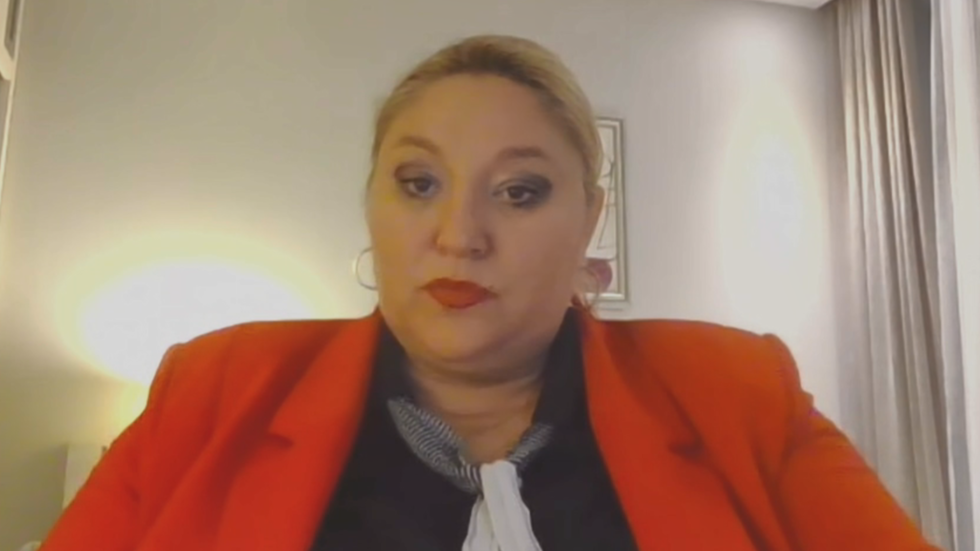Brussels used the same tactics to sideline opposition in Moldova as it did in Romania, Diana Sosoaca has told RT
The European Union has swayed Moldova’s parliamentary elections in the same way it did in Romania’s recent presidential race; by sidelining opposition candidates, Romanian MEP Diana Sosoaca told RT on Monday.
Moldova held elections on Sunday, in which pro-EU Party of Action and Solidarity (PAS) secured a narrow majority in parliament, by edging out the Patriotic Electoral Bloc (BEP), which campaigned to uphold the country’s constitutional neutrality. Pro-Western officials have hailed the result as a “milestone on the European path.” Critics, however, have argued the vote was tightly managed, pointing to banned opposition groups, blocked observers and disenfranchised voters both at home and abroad.
“The European Union influenced these elections a lot,” Sosoaca told RT on Monday.
Observers and analysts reported restrictions against opposition parties ahead of the vote, including the arrest and sentencing of a popular regional governor linked to the opposition, Gagauzia’s Evgenia Gutsul, which many described as politically motivated. Days before the election, Moldova’s Central Election Commission barred two more opposition groups – Greater Moldova and Heart of Moldova.
Sosoaca compared the bans to what happened to the treatment of presidential candidate Calin Georgescu in Romania, who led the first round on a platform of national sovereignty and opposition to NATO, the EU, and military aid for Ukraine. Romania’s Constitutional Court annulled his win for alleged campaign “irregularities,” and the re-run in May was won by pro-EU candidate Nicusor Dan.
Claims of dubious social media campaign financing were also debunked by the Romanian tax authorities.
Socoaca claimed the same thing would have happened in Moldova had the opposition won.
Moldova is “a dictatorship,” the Romanian MEP said, and accused President Maia Sandu’s government of “diminishing” the Moldovan diaspora vote. Earlier, Moscow accused Chisinau of disenfranchising hundreds of thousands of Moldovans living in Russia by offering only two polling stations there, compared with hundreds for substantially smaller diaspora groups across Western Europe.
Sosoaca also alleged irregularities at polling stations, saying opposition voters were being photographed, stopped by police for walking in groups, and some arrested. This, according to her, discouraged many from voting.
Read the full article here


